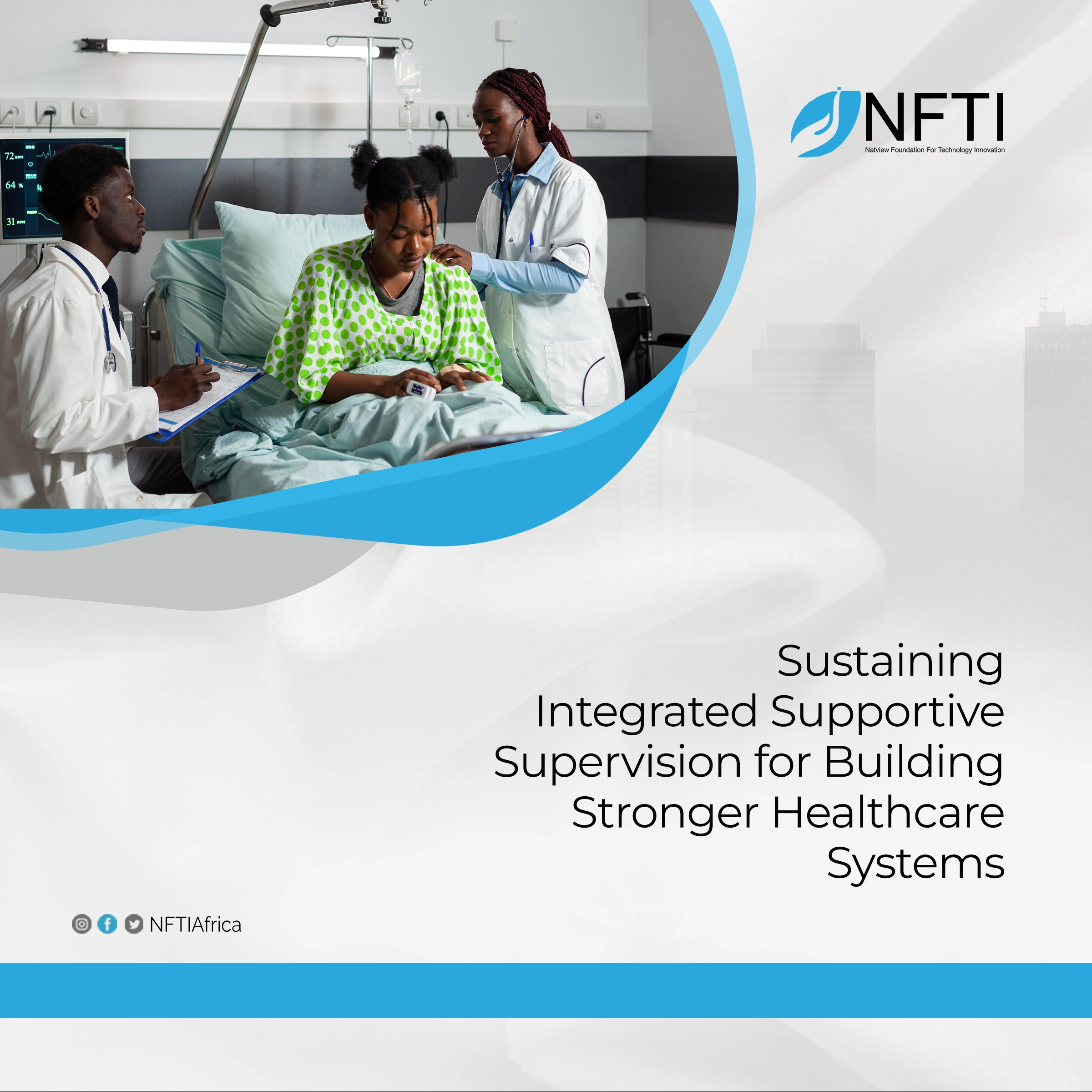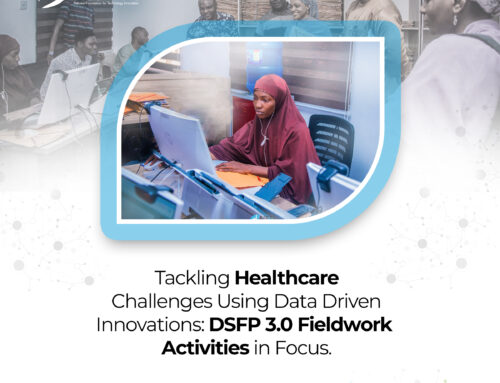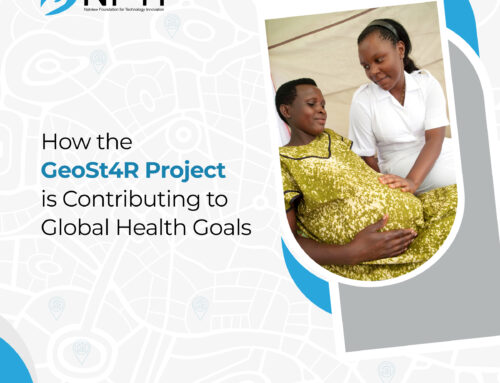NFTI’s work and partnership with key stakeholders on the Kaduna State Integrated Supportive Supervision (ISS) for health are critical for improving healthcare delivery and outcomes in our communities. ISS is a proven strategy that fosters a culture of continuous quality improvement in healthcare delivery. By enhancing communication, promoting teamwork, and providing mentorship, ISS enables healthcare facilities and providers to supervise, monitor, and improve their individual and collective performance. In Kaduna State, the government through the state Ministry of Health implements the ISS to monitor and evaluate primary and secondary healthcare facilities, with surveys and analyses carried out in partnership with the Natview Foundation for Technology Innovation (NFTI). ISS takes place monthly and quarterly, ensuring the continuous improvement of healthcare services in the state.
By providing regular support, guidance, and feedback to healthcare providers, ISS has helped identify and address gaps in service delivery and improve the quality of care and health outcomes for the state’s citizens. ISS also plays a key role in building the capacity of healthcare providers, enabling them to better respond to the complex and evolving healthcare needs of their patients. The ISS is improving immunization coverage in Kaduna State by providing support and feedback to healthcare providers on vaccine storage, handling, and administration. This is helping to ensure that vaccines are delivered safely and effectively, reducing the risk of vaccine-preventable diseases. Every stakeholder in Kaduna State’s health sector recognizes the importance of sustaining the ISS and ensures that primary healthcare providers have the support and resources they need to deliver high-quality care to all.
NFTI’s standard operating procedures ensure that field workers are collecting accurate and reliable data, examining factors such as the number of staff strengths for a given facility and the average amount of time it takes to collect data.
After collecting and analyzing the data, NFTI visualizes it on a dashboard, which is then deployed on the ISS Web App. This dashboard allows stakeholders to easily track the performance of healthcare facilities by categorization from the best-performing facilities(scoring 70% and above) to the low-performing facilities (scoring below 40%). The facilities that are performing on average have scores between 40% and 60%. The percentage is obtained from the total number of services a facility should offer versus what it actually offers. With this data, stakeholders can prioritize which facilities require support and take the necessary steps to improve their performance.
What makes Kaduna State’s ISS program unique is that it is the first in Nigeria to be digitalized in this manner, eliminating the need to sift through stacks of paper to determine which healthcare facilities are performing well or not.
Overall, the ISS program has proved to be a game-changer for healthcare delivery in Kaduna State. By fostering a culture of continuous quality improvement and leveraging the power of data, the government and its partners have made remarkable progress in achieving better health outcomes for the people of Kaduna State. With this innovative approach, NFTI is helping the state government make data-driven decisions that improve strategic policymaking for positive health outcomes. Our contribution highlights the transformative potential of using data for social good, making it a shining example of how technology can drive progress and improve lives.






